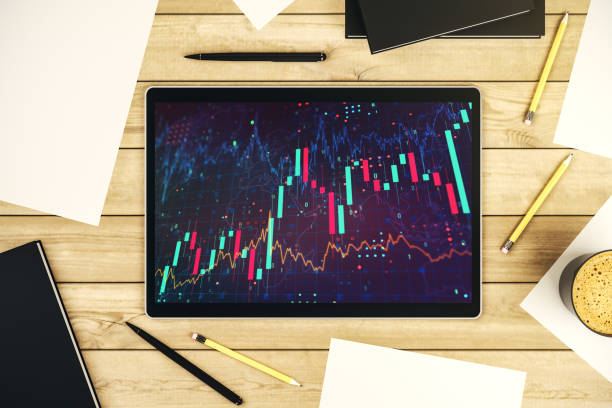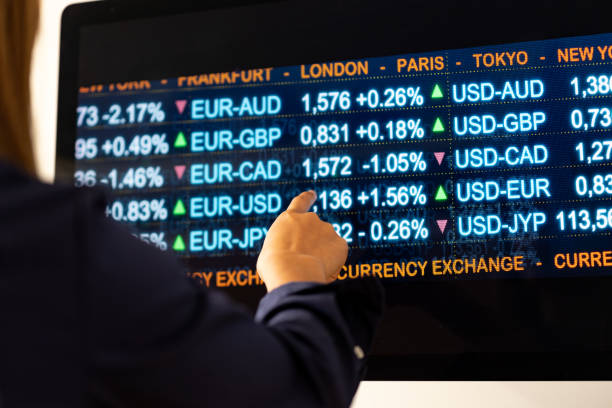Options and futures are two types of financial contracts that allow investors to trade various assets, such as stocks, commodities, currencies, and indices, at a predetermined price and date in the future. However, there are some key differences between options and futures that investors should be aware of before trading them.
What are options?
An option is a contract that gives the buyer the right, but not the obligation, to buy or sell the underlying asset at a specified price, called the strike price, on or before a certain date, called the expiration date. The buyer pays a fee, called the premium, to the seller for this right. The seller, also known as the writer, has the obligation to fulfill the contract if the buyer exercises the option.
There are two types of options: call options and put options. A call option gives the buyer the right to buy the underlying asset, while a put option gives the buyer the right to sell the underlying asset. The buyer of a call option expects the price of the underlying asset to rise, while the buyer of a put option expects the price of the underlying asset to fall.
Options are flexible and versatile instruments that can be used for various purposes, such as hedging, speculation, income generation, or portfolio diversification. Options can also be combined into different strategies, such as spreads, straddles, strangles, and collars, to create different risk-reward profiles.
What are futures?
A future is a contract that obligates the buyer to purchase and the seller to sell the underlying asset at a predetermined price, called the futures price, on a specific date, called the delivery date. The buyer and the seller agree to the terms of the contract when they enter the trade, and they must fulfill their obligations when the contract expires.
Futures contracts are standardized and traded on regulated exchanges, such as the Chicago Mercantile Exchange (CME) or the Intercontinental Exchange (ICE). Futures contracts are marked to market daily, which means that the gains or losses from the price changes of the underlying asset are settled in cash at the end of each trading day.
Futures contracts are mainly used for hedging or speculation purposes. Hedgers use futures contracts to lock in the price of the underlying asset and protect themselves from adverse price movements. Speculators use futures contracts to bet on the future direction of the price of the underlying asset and profit from favorable price movements.
Difference between options and futures
The main difference between options and futures is that options give the buyer the right, but not the obligation, to buy or sell the underlying asset, while futures obligate the buyer and the seller to buy or sell the underlying asset. This means that options offer more flexibility and less risk than futures, but also require a higher premium. Futures, on the other hand, offer more leverage and lower costs than options, but also entail more risk and obligation.
Another difference between options and futures is that options have a limited lifespan, while futures have a fixed delivery date. Options expire on the expiration date, and the buyer can choose to exercise or not exercise the option. Futures, however, must be settled on the delivery date, either by physical delivery of the underlying asset or by cash settlement.
A third difference between options and futures is that options have two types, call and put, while futures have only one type. Options can be used to create bullish or bearish positions on the underlying asset, depending on whether the buyer buys a call or a put. Futures, however, can only create a long or a short position on the underlying asset, depending on whether the buyer buys or sells the contract.
Conclusion
Options and futures are both useful tools for investors who want to trade various assets at a predetermined price and date in the future. However, they have different characteristics, advantages, and disadvantages that investors should consider before trading them. Options offer more flexibility and less risk than futures, but also require a higher premium. Futures offer more leverage and lower costs than options, but also entail more risk and obligation.







